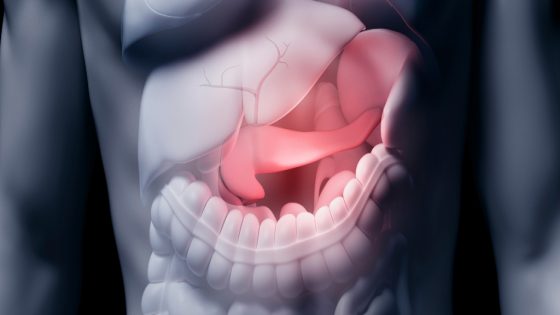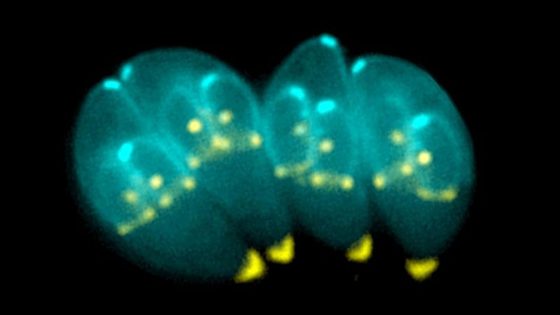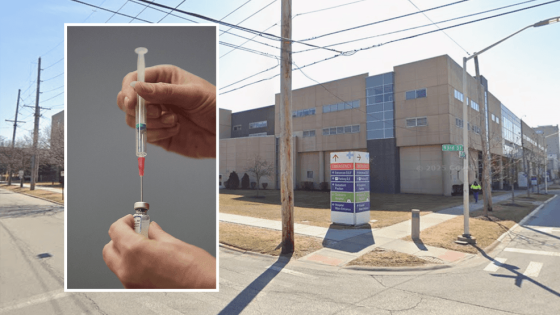Gabapentin, a commonly prescribed anti-seizure drug, is used to treat nerve pain and epilepsy. However, recent findings indicate that this medication may significantly increase the risk of dementia, particularly in younger adults. A study published on 2025-07-14 16:41:00 reveals alarming correlations between gabapentin use and cognitive decline.
- Gabapentin treats nerve pain and epilepsy.
- Common side effects include dizziness and drowsiness.
- Study links gabapentin to dementia risk.
- Increased prescriptions raise dementia likelihood.
- Younger patients also face higher risk.
- Lifestyle changes can reduce dementia risks.
Researchers from Case Western University analyzed the medical records of over 26,400 patients prescribed gabapentin for chronic back pain. Their results showed that those receiving multiple prescriptions faced a heightened risk of dementia and mild cognitive impairment. This raises a crucial question: should patients reconsider their use of gabapentin?
The implications of this study are significant. As gabapentin was once deemed safe with low abuse potential, the emerging evidence suggests a need for careful monitoring of patients. Are we overlooking the long-term effects of this medication?
- Discuss medication options with your healthcare provider.
- Monitor cognitive changes and report them promptly.
- Maintain a healthy lifestyle to mitigate dementia risks.
- Stay informed about the latest research on medications.
As research continues to evolve, staying proactive about your health is vital. If you’re using gabapentin, consider discussing your treatment plan with your doctor to explore safer alternatives.
















![[Adobe Stock]](https://news.faharas.net/wp-content/uploads/2025/07/Ketogenic-Diet-Boosts-Brain-Blood-Flow-by-22-and-BDNF-230x129.jpg)
















